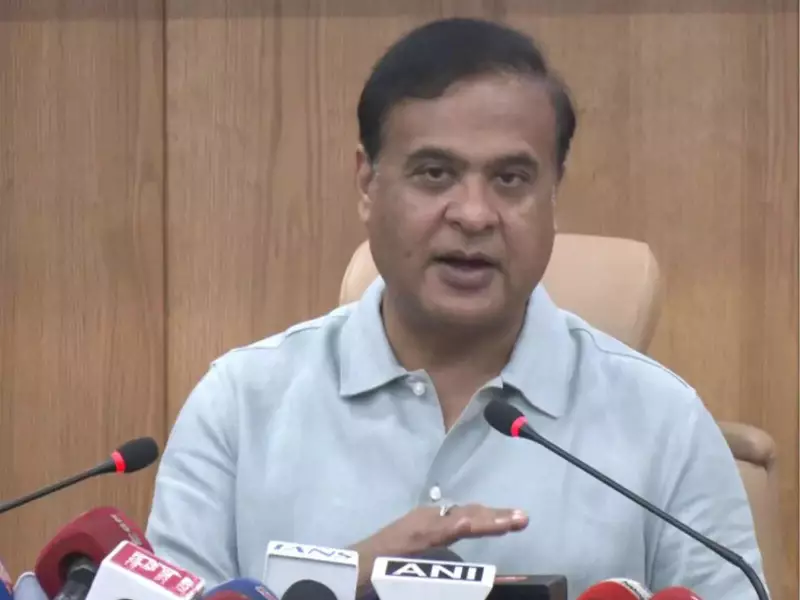
In a dramatic political development that has sent shockwaves through Assam's political landscape, Chief Minister Himanta Biswa Sarma has ordered police to initiate sedition proceedings against a Congress leader for his controversial rendition of the Bangladeshi national anthem.
The Incident That Sparked National Attention
The controversy erupted when a prominent Congress leader chose to perform 'Amar Sonar Bangla,' the national anthem of Bangladesh, during a significant public gathering. This unexpected act immediately drew sharp reactions from both political circles and the general public.
Chief Minister's Swift Action
Demonstrating zero tolerance for what he perceived as an act against national interests, CM Himanta Biswa Sarma personally intervened and directed law enforcement authorities to register a case under serious charges of sedition. The Chief Minister's office released an official statement emphasizing the government's firm stance on matters concerning national sovereignty and integrity.
Political Reactions and Fallout
The decision has ignited a fierce political debate, with the Congress party vehemently defending their leader's actions while the ruling Bharatiya Janata Party (BJP) has strongly supported the Chief Minister's position. Opposition parties have questioned the proportionality of the response, while government supporters have praised the firm action against what they term 'anti-national activities.'
Legal Implications and Precedents
Legal experts are closely monitoring the situation, as sedition charges under Section 124A of the Indian Penal Code carry severe penalties, including life imprisonment. This case joins several recent instances where sedition laws have been invoked in politically sensitive matters, raising important questions about freedom of expression versus national security concerns.
The timing of this incident is particularly significant given the current political climate in Assam and the ongoing tensions between political parties. As the legal process unfolds, this case is likely to become a focal point in the larger debate about nationalism, freedom of expression, and political vendettas in contemporary Indian politics.






